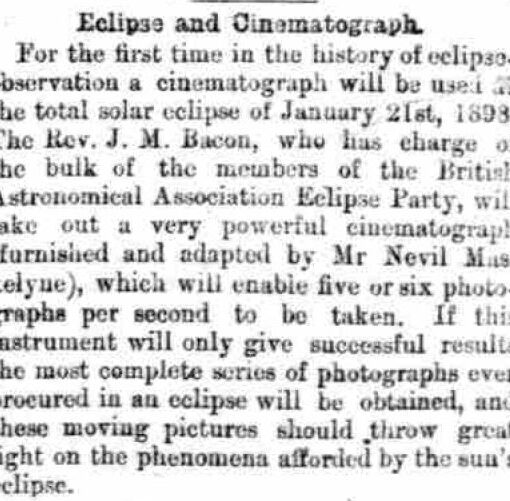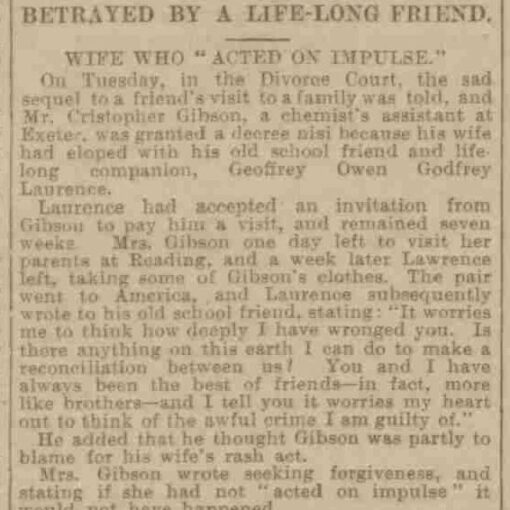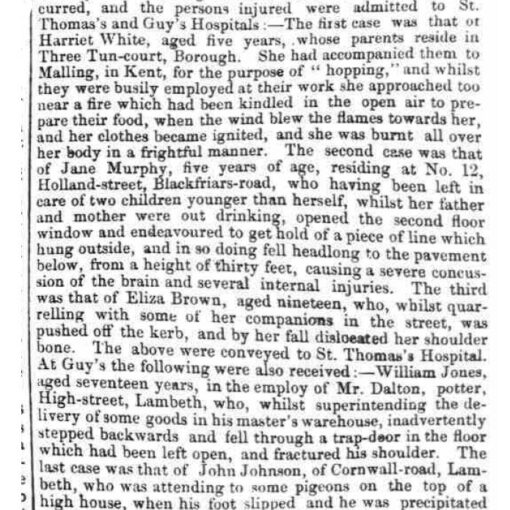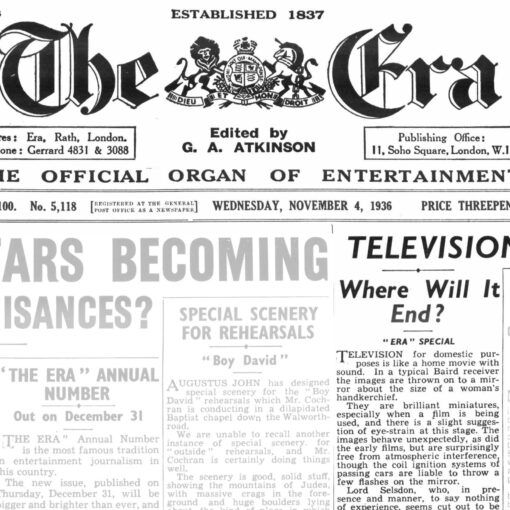Gang trouble, particularly in Birmingham, started to appear in the newspapers in the early 1870s with reports of “slogging gangs” causing huge disturbances with considerable violence. The media were describing them as large bodies of “roughs”. In 1872 about 400 of them made their appearance “to great consternation of the inhabitants”. The reports in the Victorian press were of great disturbances and considerable violence particularly against shopkeepers in the area. This terrorising became more organised with the development of what became known as the “peaky blinders” and other gangs. These Birmingham based gangs remained in the media until up to about the First World War. After about 1919 coverage in the media begin to fade and by the mid twenties very little is reported of them.
By 1900 the “peaky blinders” were part of the Birmingham reporting scene. He is a typical news report from The Sheffield Evening Telegraph – Friday 26 October 1900:
“Peaky Blinder” Terrors
Exemplary Sentences

At Birmingham Quarter Sessions, yesterday, arising out of a disturbance which occurred in Barford Street on June 26, there were two youths of the peaky blinder class in the dock on charges of stabbing police officers.
Henry Attwood (18), polisher, was alleged to have wounded police Constable James Macauley, and Percy Langridge (16), labourer pleaded guilty to a charge of wounding police constable Barker. Attwood pleaded not guilty, and was defended by Mr. Dominik Daly.
In opening in the case for the prosecution against Attwood, Mr Stubbins stated that it was felt advisable by the magistrates to send these prisoners for trial because, for a considerable time before this affray, there had been complaints of disorderly behaviour in this neighbourhood. In fact, so serious did the disturbances become that the Chief Of Police was compelled to send his officers there in couples on account of the danger which they ran from the behaviour of these youths who went by the name of “peaky blinders”.
On this occasion Macauley was sent into Barford Street with two other officers, Hunt and Barker, to keep order. They found it necessary to take two men into custody in consequence of their bad language, and this seemed to have aroused the feelings of other members of the crowd, who made a demonstration against the police. Suddenly Attwood rushed at Hunt and struck at him, cutting through his hat with some sharp instrument. He at once ran on towards Macauley, who turned his head on a warning shout from Hunt in time to see Attwood rush up behind him. The officer felt a blow in the back with a knife, and shouting out, “I’m stabbed.” he handed over his prisoner to another policeman who gave chase to Attwood, but was unable to catch him. As he was bleeding from the back, he returned to the station, and had his wound rest at the hospital.
About the same time Barker was stabbed by Langridge, and the officers were stoned by other “Peakies.” An hour or so afterwards Macauley identified Attwood, who had been arrested in the meantime, as the man who had stabbed him.
The only extraordinary feature of the case was that Langridge, who pleaded guilty to wounding Police-constable Barker, declared from the first that it was he who had stabbed Macauley, and in this he was supported by Attwood and other of his friends. The police witnesses, however, declared emphatically that this was not so, and he pled they would have not have been mistaken in Attwood.
The jury found Attwood guilty, and in passing sentence upon him and Langridge, the Recorder remarked that such grave assaults on the police must be repressed with a strong hand. Each of the prisoners would be sentenced to five years’ penal servitude.
By the 1920s infamy and indeed the coverage of these “peaky blinders” had all but disappeared and The Gloucester Citizen – Thursday 09 May 1929, were reporting their almost disappearance.
Police Chief And Race Gangs

The Chief Constable of Birmingham (Sir Charles Rafter) at a meeting of the Watch Committee there, stated that the racing gang called the Birmingham gang did not belong to Birmingham. Its members lived elsewhere.
A comparative statement of crime in the city from 1899 to the present time showed a very remarkable diminution. He added that since the early a year the “peaky blinder” had almost disappeared, as also had the gangs.
A drama series depicting the “Peaky Blinders” is receiving considerable success on BBC Two (UK) telling the post First World War story of Thomas Shelby and his fictitious gang. More here.
Ian Waugh
Old British News




